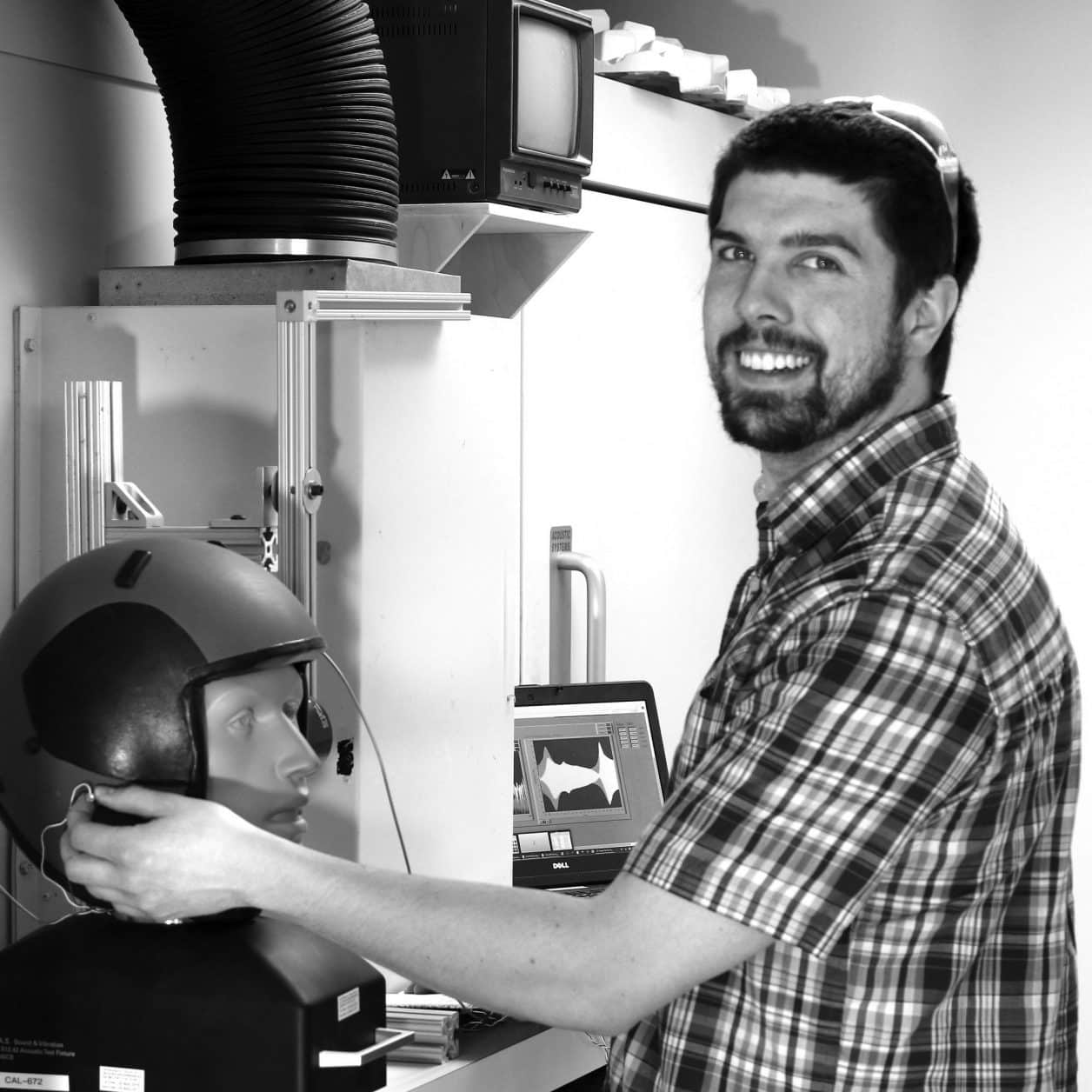Connor Murphy applied to the Vermont Tech Mechanical Engineering Technology program to further his knowledge concerning his hobby of modifying dirt bikes and trucks. As he got closer to the completion of the two-year program, he chose to continue his education and transferred seamlessly into the Bachelor’s degree program in Electromechanical Engineering Technology.
Connor is now employed as a Mechanical Engineering Technician at Creare where he works on high tech R&D projects for the United States military, various government agencies, and industrial clients
“Although I did not get a job directly through Career Services or a professor, those resources were always helpful when I needed to improve my resume or needed help with course subject matter. I believe my senior project work, strong GPA and good knowledge of fabrication skills helped me get my job at Creare.”
Most tasks Connor does day-to-day are familiar to him from his time at Vermont Tech in the classrooms and labs.
“I may use Solidworks or Inventor to design test fixtures or parts for a project prototype. I utilize shop equipment to build prototypes with lathes, manual mills, welders, grinders, drills, presses, furnaces. I prepare instrumentation and control hardware for test setups. I complete tests on prototype tests facilities. Controlling inputs such as heat and flow, and building/monitoring inputs and outputs with LabVIEW. And I complete basic analysis of some tests with Matlab or Python.”
The transition between school and the working world was a smooth one for Connor as many of his work assignments have a similar structure to his Capstone project. He says, “Many of my courses were relevant in understanding the systems I work on at Creare, from Thermodynamics to Sensors and Instruments. The capstone project course was most similar to the workflow I follow day to day.”
Connor encourages all students to fully utilize the free resources offered by Vermont Tech such as tutoring, career placement or help from professors. He also encourages learners to get in the habit of writing everything down. “Become effective at recording your work and in your understanding of the engineering involved in a project and its decision points. These logs and documentation are important for expanding test matrices or recalling a project’s specifics later, and good documentation will be required for a successful career.“
Like this story and want to share your own? Send us your feedback!
